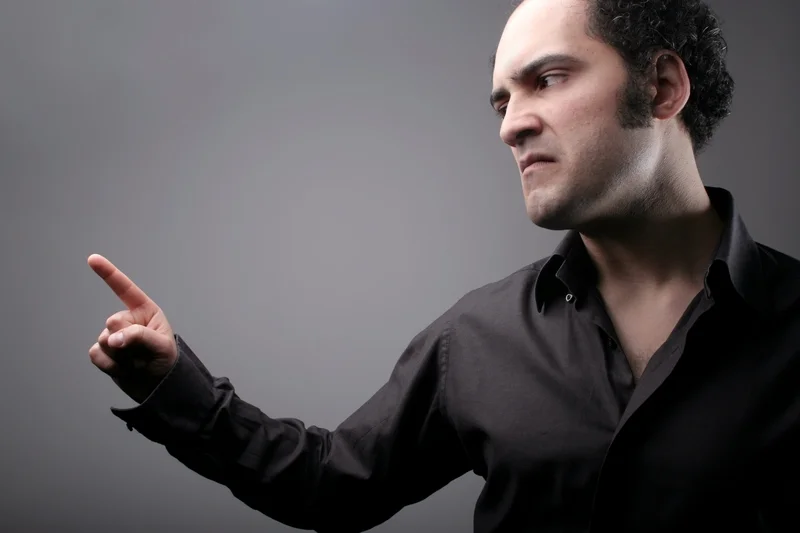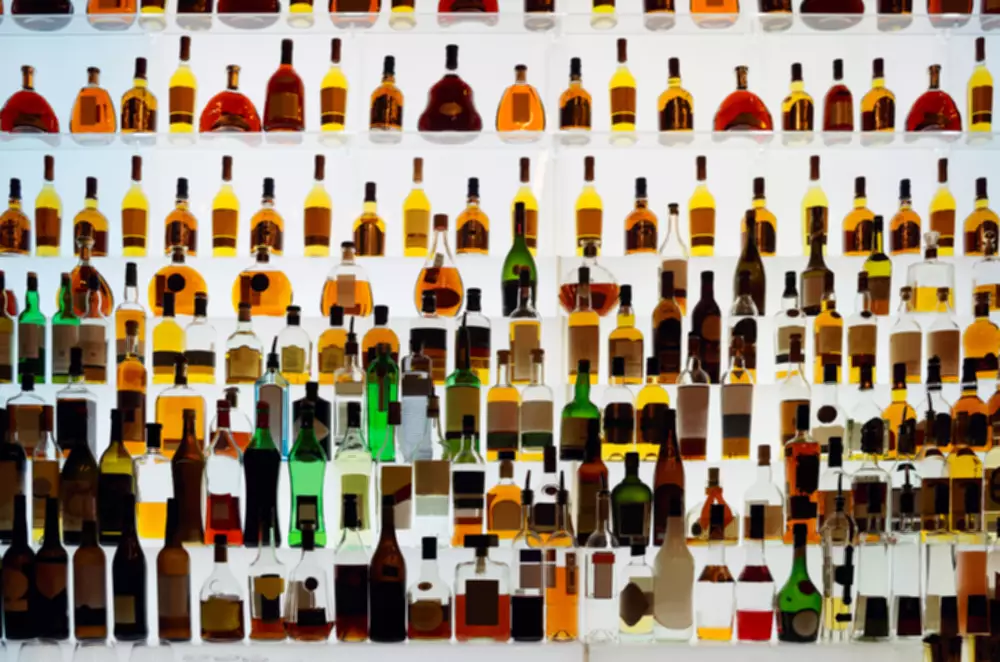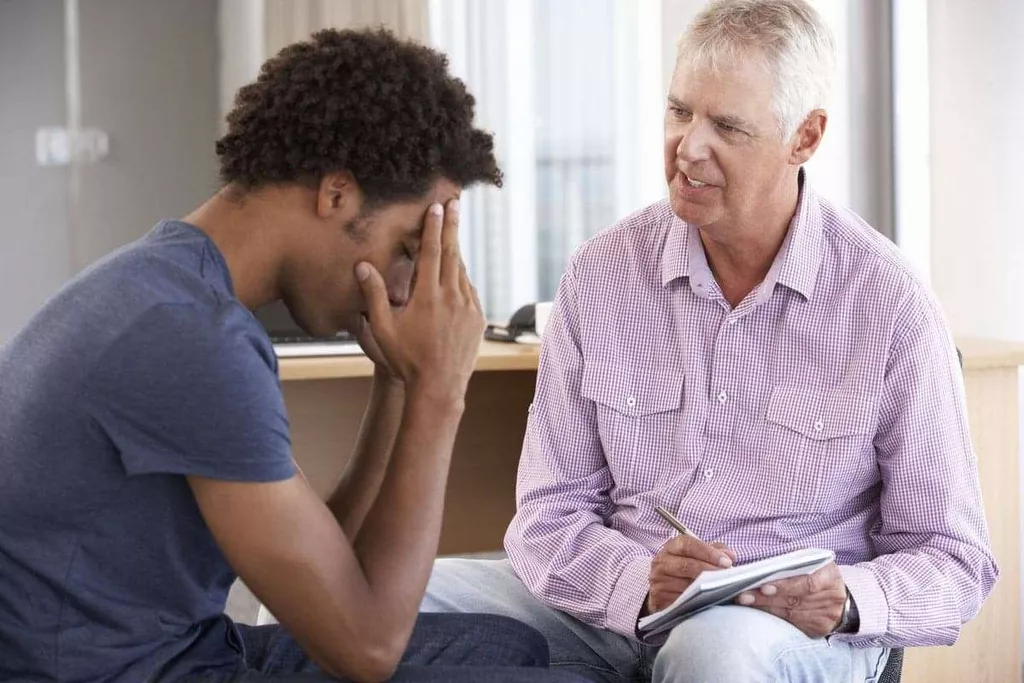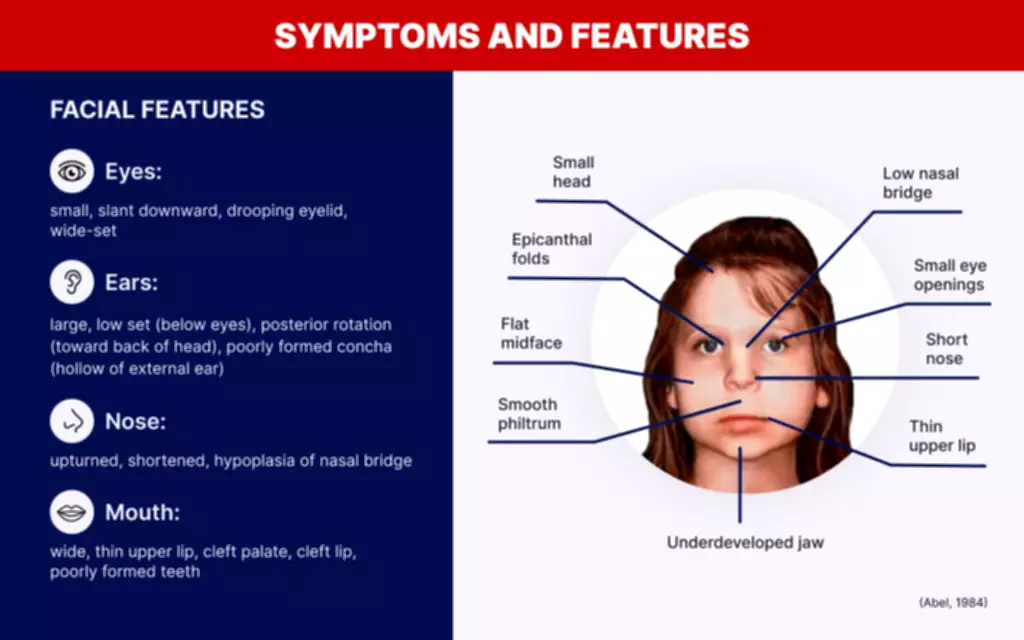
Reducing the amount of alcohol you consume can have a direct impact on the frequency and intensity of night sweats. Alcohol is a diuretic, which means it increases urine production and can lead to dehydration. Of course, the best way to avoid smelling like alcohol is to abstain from it altogether or practice moderation, which is typically defined as one drink per day for women and two drinks a day for men. When we drink alcohol, our body undergoes a process known as alcohol metabolism.
Q&A: Why Do I Sweat When I Drink Alcohol?
- However, from what we do understand, it appears that alcohol can affect our brain fluid as well as our hypothalamus, which is the part of the brain that regulates body temperature.
- It is important to note that smelling like alcohol without consuming it does not necessarily indicate alcohol consumption.
- Night sweats can be a side effect of alcohol consumption, alcohol intolerance, or alcohol withdrawal, largely because alcohol affects the central nervous system.
- In hot temperatures, people start experiencing dizziness, dehydration, and nausea, alongside excessive sweating.
- As a result, there is no way to speed up this process and flush the alcohol out of your system more quickly than normal.
If you or someone you love is experiencing these symptoms, you should seek medical attention immediately. Some people experience night sweats within a few hours, while others may not experience night sweats until after a few weeks. Everybody reacts differently to withdrawal, so it is important to seek medical help as soon as you notice these symptoms. The body has a reduced blood volume, and this causes sweating and night sweats.
Is Sweating After Drinking Alcohol a Cause for Concern?
It is important to consider both medical conditions and external factors that may contribute to this scent. Consulting with healthcare professionals can help determine the underlying cause and guide individuals towards appropriate management strategies. Hangover shakes are believed to be a result of changes in the nervous system that are similar to those seen in alcohol withdrawal syndrome. When alcohol leaves the body, the central nervous system and part of the sympathetic nervous system remain unbalanced, leading to symptoms like shaking and tremors 4. Low blood sugar levels https://ecosoberhouse.com/ due to the impact of alcohol on the body’s ability to monitor blood sugar can also contribute to hangover shakes. When blood sugar drops, it can lead to shaking along with other hangover symptoms like sweating and headaches.

Hangover Shakes: Why They Happen and When to Worry

If you’re physically dependent on alcohol, sudden withdrawal can result in night sweats. If you experience frequent night sweats due to drinking, you may have a drinking problem. An alcohol intolerance means your body cannot break down alcohol well.1 Some people are more prone to alcohol intolerance than others. The only way to prevent the symptoms of alcohol intolerance is to avoid drinking alcohol. Like all other food and drinks, alcohol is metabolized after being ingested and absorbed in the intestines. Alcohol metabolism takes place in the liver which produces enzymes to break down alcohol before the molecules are absorbed by the cells.
- Consuming alcohol can lead to peripheral vasodilation, where blood vessels expand, increasing blood flow to the skin and reducing core body temperature.
- While alcohol may initially make you feel drowsy, it interferes with deeper stages of sleep, such as REM (rapid eye movement) sleep, which is critical for cognitive function and emotional health.
- People who have an alcohol use disorder (AUD) typically suffer from excessive sweating.
- Alcohol has a direct impact on the body’s central nervous system, which plays a pivotal role in heat regulation.
- Remember, seeking medical assistance is crucial for a comprehensive evaluation and tailored treatment plan.

You might also consider enlisting the support of friends or family members who can help you stay accountable to your goals. Additionally, research has shown that alcohol may alter the composition of helpful microorganisms in your gut. These organisms play a crucial role in your gut and immune system function. While alcohol sends you into dreamland quicker, there’s a good chance that having too much will why does alcohol make you hot lead to a night of tossing and turning once its sedative effects wear off. These symptoms must greatly affect and cause you not to do well in school, work, or relationships.
- At Recovery Guide, our mission is to connect as many individuals struggling with mental health and substance abuse disorders to reputable treatment facilities.
- This medication is often prescribed in addition to other medications to manage your condition.
- Our 125+ acre ranch located just outside of Fort Worth, Texas, serves as a tranquil campus for you to get back on your feet.
- Alcohol causes your blood vessels to dilate, particularly those close to the skin’s surface.
- When you’re too hot, you sweat to cool down – the alcohol stops your body from being able to do that.
- If you feel overwhelmed or anxious and think that you might need help, please contact me at your earliest convenience.
- Success rates vary, but understanding the factors influencing treatment can enhance the recovery journey.
- This dilation increases blood flow to the skin’s surface, which can make you feel warm and trigger sweating.
With the Alcoholics Anonymous help of our digestive enzymes, our liver breaks down ethanol, the primary component in alcoholic drinks. One of these enzymes — alcohol dehydrogenase — converts ethanol into acetaldehyde, which is then further metabolized into acetic acid before being excreted or released from our bodies. And it’s not always on our breath; it can be released in our sweat and through the pores of our skin.
The relationship between alcohol consumption and night sweats is complex, involving various physiological processes and individual factors. Hydration strategies before, during, and after drinking are crucial in mitigating the effects of alcohol-induced night sweats. During your drinking session, try to alternate between alcoholic beverages and water.


